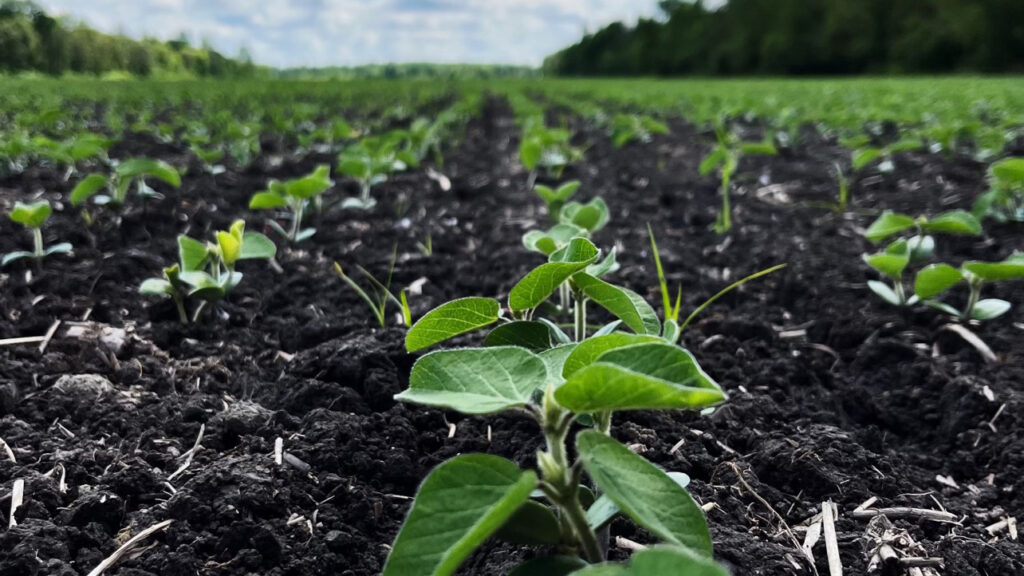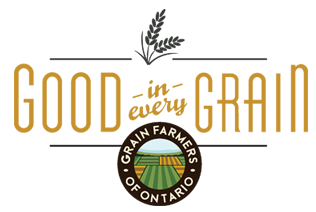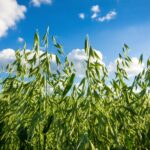Three essential nutrients: Nitrogen

When it comes to growing Ontario grains, many different factors come into play for growing a healthy crop. Like you or I, plants need food, water, and air to grow big and strong. While their food may not come in the same form as ours, grains still require many of the same nutrients that we do!
When discussing nutrients that grains need to grow, they can be classified as either a macronutrient, required in large amounts, or a micronutrient, required in smaller amounts. We describe the nutrients our bodies need in the same way here. There are three primary macronutrients that are essential for plant growth: nitrogen, phosphorus, and potassium, often referred to as N, P, and K.
Nitrogen is the first of the three primary macronutrients that we are going to dive into to understand a bit further the role it plays for Ontario grains. Nitrogen has different roles in grains; let’s look at a few!
Chlorophyll
Nitrogen is vital to growing our grains and is the reason they are green before they mature. Nitrogen is a major component in chlorophyll, which is found in all grains (and plants); this is specifically what makes them green. Chlorophyll is responsible for absorbing all the sunlight and converting it into energy for the plant to use.
Amino acids
Nitrogen is also a major component of amino acids, which are responsible for creating proteins and enzymes within plants. Proteins in grains are responsible for creating the structural materials, and enzymes are responsible for facilitating chemical reactions within the grains as they grow. Enzymes help speed up these reactions by decreasing the amount of energy required for them to occur; these reactions will then activate many different important processes within the grains.
Nucleic acids
Nitrogen also plays a role as a component of nucleic acids. While amino acids help with the structural and chemical aspects of grains, nucleic acid is what forms all the DNA in not only grains but also all living things!
To sum it all up, farmers would not be able to grow grains successfully without nitrogen. It is very important for Ontario grains to grow successfully; they need to have sufficient nitrogen! Farmers will often test their fields and/or add nitrogen fertilizers to keep this nutrient available for grains to use as they grow.
Fun Grain Fact: Soybeans are the only grain that is capable of producing nitrogen all on its own! This is called nitrogen fixation. This is a reason that soybeans are important to have in a crop rotation, as they will leave nitrogen in the soil for the next crop, and farmers don’t need to apply nitrogen as a fertilizer to the fields!



